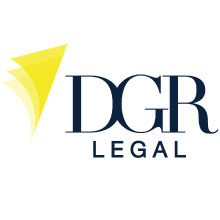How to Modify Your Partnership Agreement Under the New Partnership Audit Regime
By Carolyn Dolci, CPA and Alyssa Rausch, CPA, MBA
Now is the time to dust off your partnership agreement and amend it to reflect the new partnership audit rules. Effective January 1, 2018 (or earlier, if elected), under the Bipartisan Budget Act of 2015, all partnerships (including LLPs and LLCs taxed as partnerships) will be impacted by the new partnership audit rules. Below are key questions to consider as you update your partnership agreement.





















